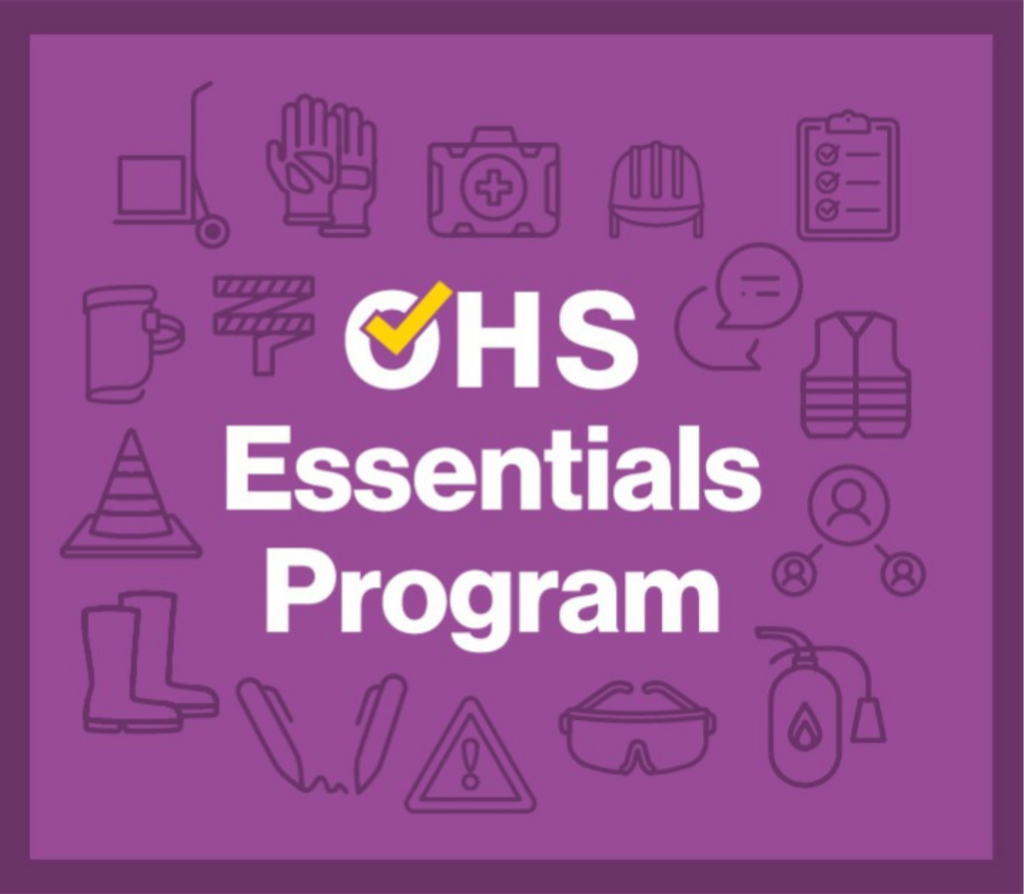This publication represents the outcomes of a joint venture by UNESCO, Cedefop and the ETF. It’s a biggie: nearly 715 pages!
It defines Qualifications Frameworks as “tools for describing qualifications of an education or training system by classifying them into levels. Each level provides a clear description of what the holder of a qualification knows, understands and is able to do.”
It is also part of a Global Inventory of National and Regional Qualifications Frameworks, focused in 2 volumes.
Volume 1 was published in 2019 and identified emerging issues in qualifications systems, including the digitalization of qualifications systems, the validation of informal and non-formal learning and the increased use of micro credentials.
This volume highlights a range of issues, including amongst other things, that:
• Digital technologies will increasingly influence the development of qualifications
• Micro and other alternative credentials are gaining pace around the world
• There is an increasing co-existence of ‘traditional’ qualifications with newer credentialing methods
• There is a rise in the validation of non-formal and informal learning (VNFIL) as part of efforts to reduce or remove barriers between learning and work and, therefore, aid career progression. In addition, “VNFIL is attractive to policy-makers and national authorities as it can reduce qualifications deficit among adults, and lower the costs of re-skilling and re-qualifying less-qualified people.” A longitudinal study in France has reported favorable responses and satisfaction with those accessing the country’s VNFIL processes
• Assessment under outcomes-based approaches is increasingly criterion-referenced, moving systems away from comparative or norm-referenced assessment.
Finally, the paper concludes that:
“teachers and trainers are shapers of the learning experience, which extends from the design of an overall plan to the day-to-day management of learning activities. Presenting teachers and trainers as both designers of a learning process and experts in its delivery opens up the prospect of greater integration between policy making and practice, and stronger support for innovation.”
The second volume, released in October this year, focuses on national and regional case studies from 79 countries including Australia (see pages 43 to 47). It seems fairly up to date and cites the 2019 AQF review led by the late Peter Noonan. It notes that, in Australia:
“The AQF was most recently reviewed in 2019 to consider ways in which the AQF could be revised to facilitate necessary changes in the education and training sectors, and to keep the AQF at the forefront of best practice in qualifications frameworks.”
Further, it reports that:
“The Australian Government accepted all the recommendations of the review in relation to higher education, and accepted the aims of the recommendations of the review in relation to vocational education, contingent on further discussions with state and territory governments.”
The volume 2 publication will be interesting to any organisations working internationally and needing to understand the Qualifications Framework of the country in which they are, or might be, working.








